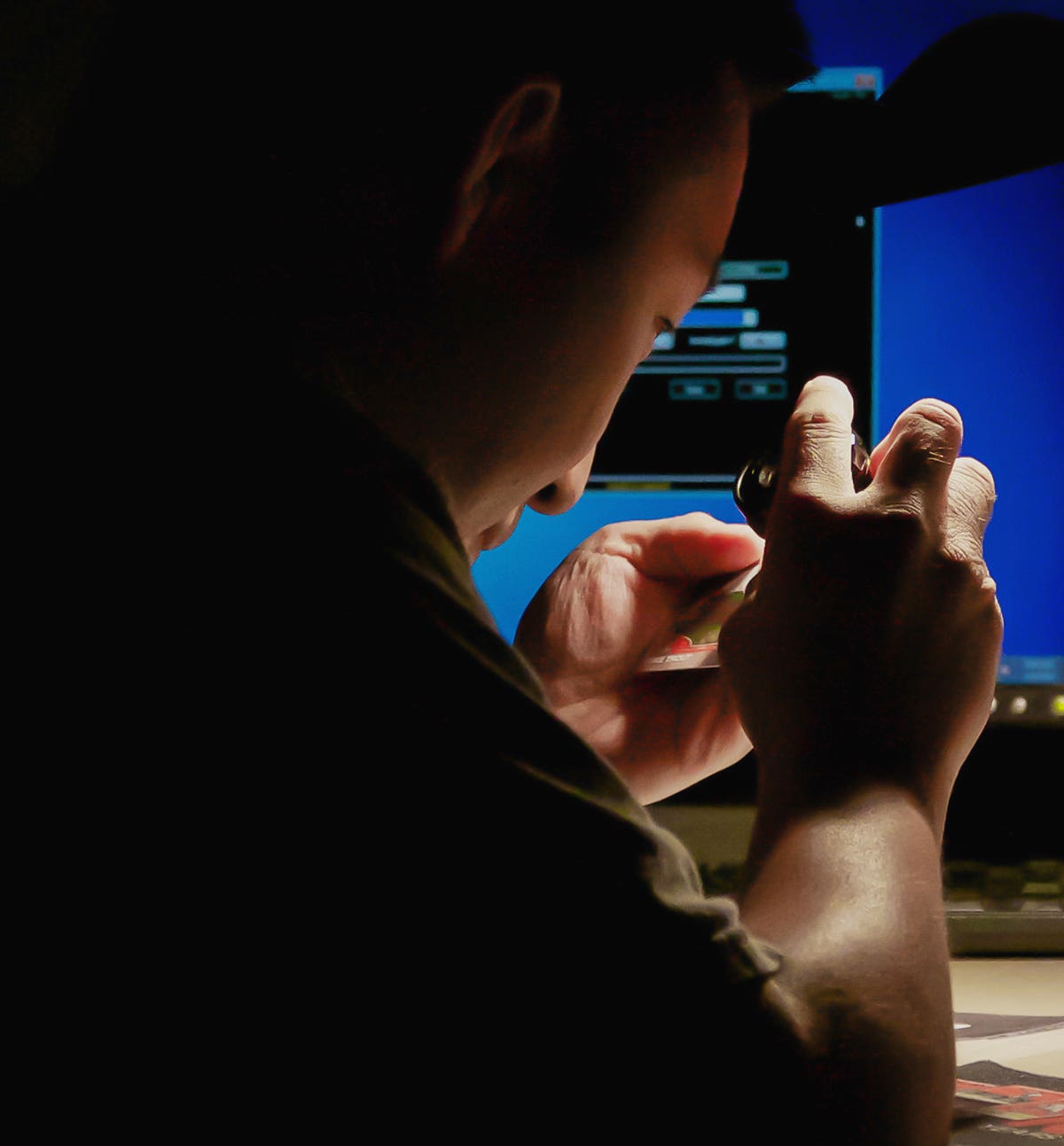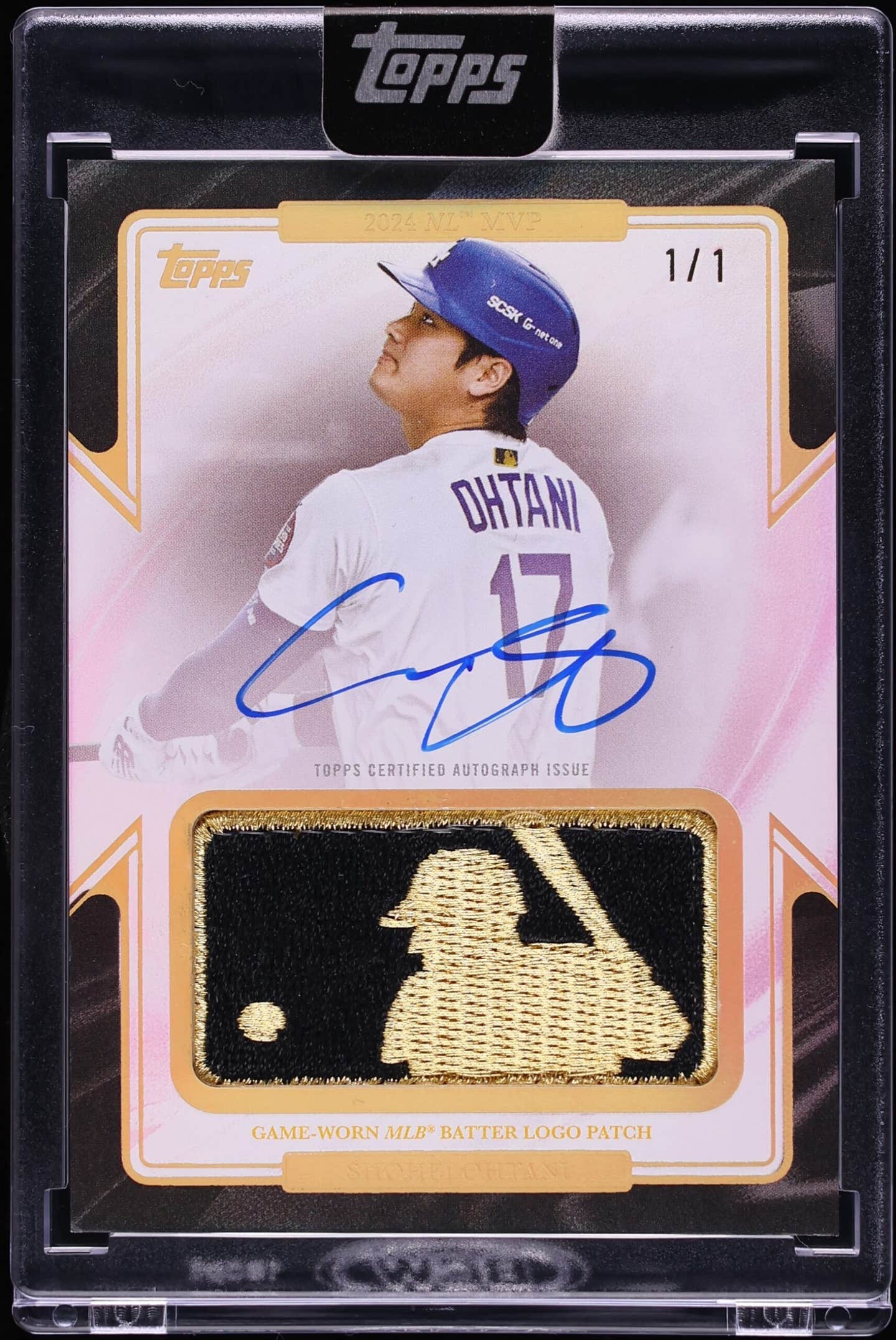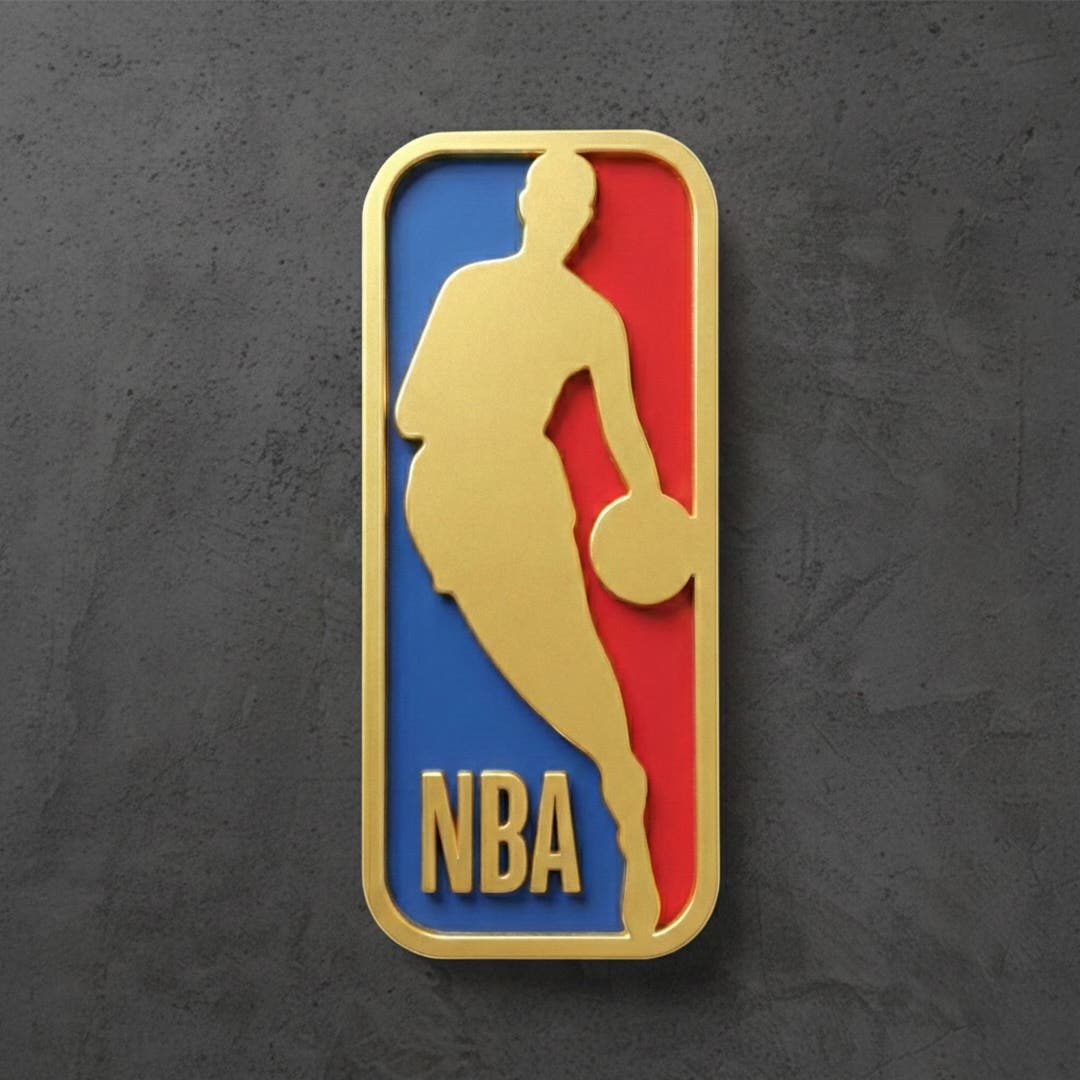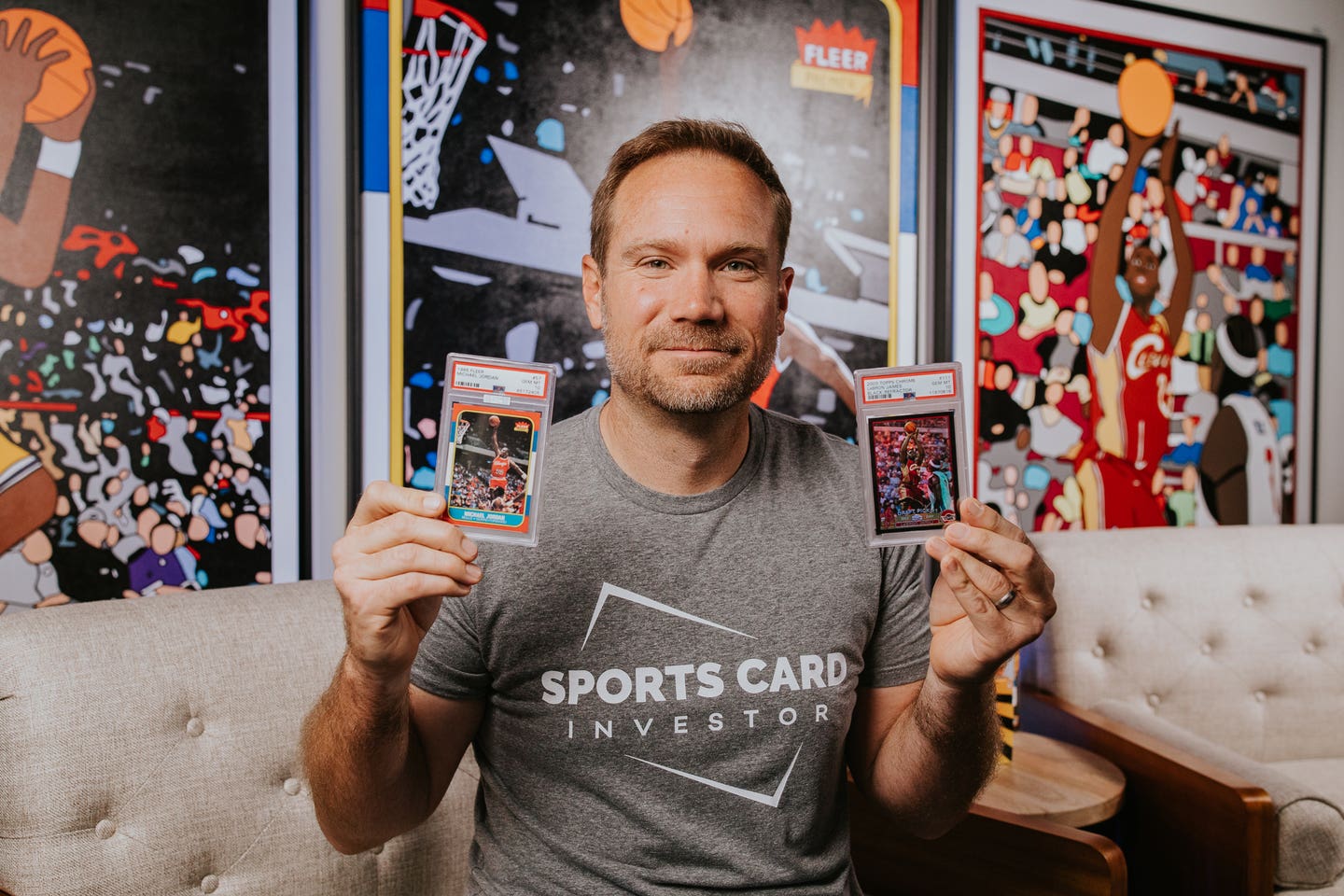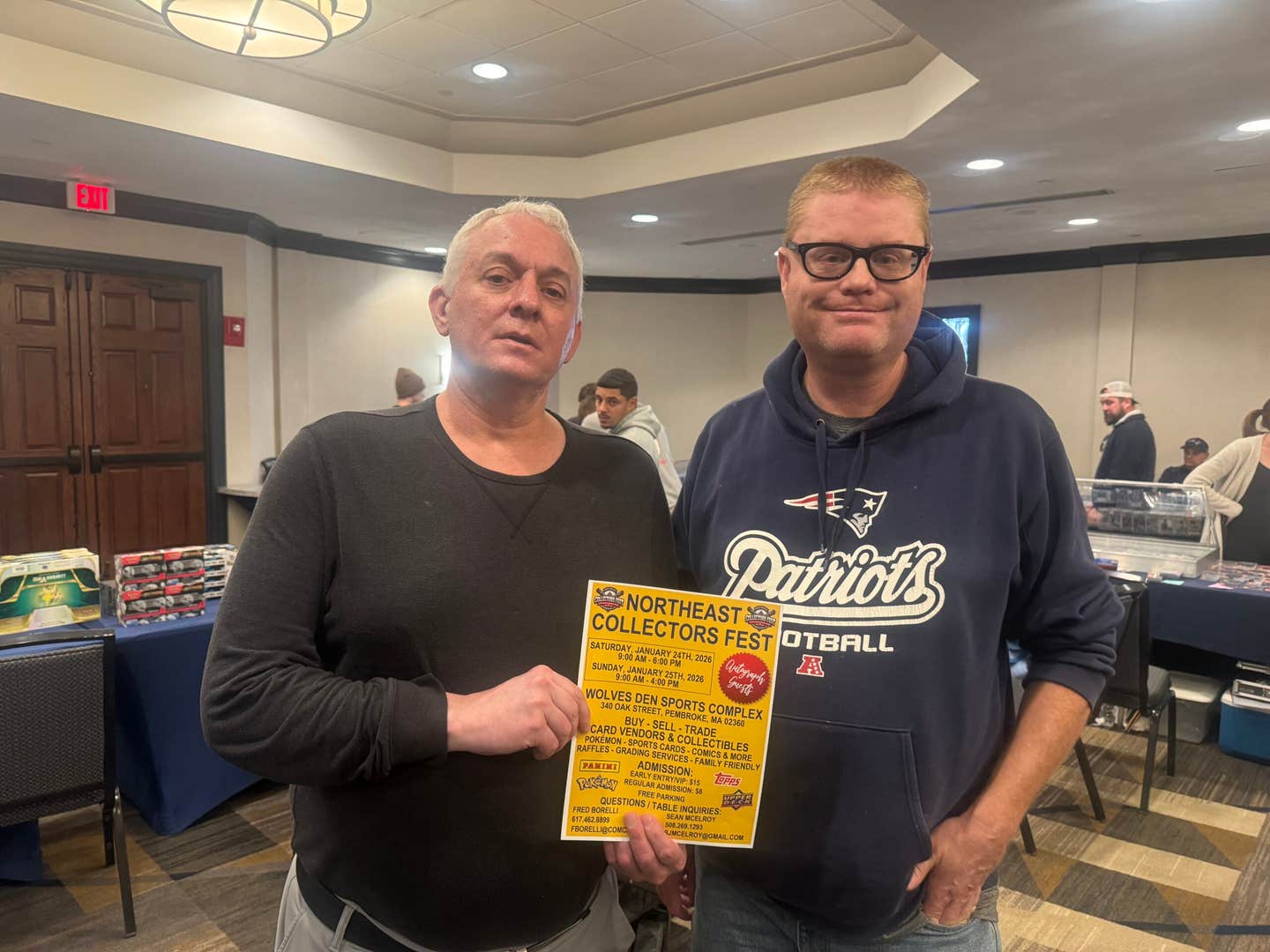News
Pete Rose Discusses Steriods and the Ongoing HOF Debate
Is there another baseball saga in our lifetime as compelling as the Shakespearean Pete Rose story? One suspects that history may take a broader view of the tale than we do, immersed as we are in the day-to-day, or decade-to-decade retelling.
But Pete himself, personification of so many starkly American virtues and often excesses, seems to have a kind of innate understanding that there are contradictions on the horizon (or already here) that will almost certainly present his ongoing dilemma in a better light than currently is the case.
To my recollection, nobody in this country has been punished to a comparable degree for essentially telling America one big, fat lie. As the Watergate gang can attest, it’s the cover-up that will ultimately do you in.
Major League Baseball’s beef with Pete is ostensibly that he bet on baseball, but I would contend that officialdom’s real agitation resulted from Rose’s denying that he bet on baseball. Certainly his difficulty over the past two decades as baseball’s resident pariah/back door ambassador stems from the fans’ collective dismay not that he bet on baseball – for most knowledgeable adults understood that was essentially a given – but that he looked the camera in the eye and denied it for so long.
All of this ponderous introduction is designed to once again surrender the podium to Pete, who was signing autographs at the recent SportsFest Show in suburban Chicago. At a time when the sports page headlines have been laden with genuinely ominous accounts of steroid allegations that clearly threaten the vaunted integrity of the game, the man who was saddled with that charge (the integrity question, not steroids) almost 20 years ago has been oddly quiet. No more.
“All I can tell you about my situation, and what I did was very wrong and I wish I hadn’t done it, but you can’t change history,” Rose said in an interview at the Renaissance Schaumburg Hotel and Convention Center. “I didn’t do anything to change the outcome of the game. I bet on my own team to win every night.
“It had nothing to do with the integrity of the game. It didn’t make the score different or alter the outcome of the game. That’s what steroids do; they make guys stronger and they hit more home runs. And I don’t understand why Bud Selig doesn’t know that.”
Asked why there seems to be hardly a blip from MLB about him, Pete said, “It’s because they don’t need me. When they need me they come out of the woodwork. When I made the All-Century Celebration, Master Card paid them $50 million and said if he makes the team, he’s got to be there. Then when I made the Most Memorable Moments in San Francisco, it was another $50 million and I was there. Now, when I was asked if I could go to the last event at Riverfront Stadium, I couldn’t go.
“I am going to the game Tuesday (June 10), and someone wanted to interview me here today to put it on the Fan-O-Gram at the ballpark on Joe Nuxhall Night and MLB wouldn’t OK it, because they didn’t make any money.”
Pete’s agent, Warren Greene, was helping him with the autograph signing. “You’re dead,” Greene told Rose, “but they love to resurrect you from the dead when they need you. It’s an amazing thing.”
“What’s going to happen is, Bud Selig is going to get all this ink and notoriety for cleaning up steroids, and the last time I checked, steroids happened when he was commissioner. And the press is going to say he’s the one that cleaned up steroids in baseball, and no one will ever say that he’s the one that started steroids in baseball. It happened on his watch.
“I hope he cleans it up. I wonder what Babe Ruth thinks sitting up there watching this. I wonder what Hank Aaron really thinks about losing his home run record.”
As I noted at the top of this column, Rose seems to have a well-honed instinct that the steroid discussion should provide fans with yet another opportunity to contrast Rose’s sins – betting on baseball and then subsequently denying it for way too long – with the debate about the legitimacy of MLB’s sacred statistical underpinning.
“I like Barry Bonds. I’m not saying anything about Barry Bonds; I think he’s one of the top-five players to ever play the game,” Rose insisted, but noted that when Bonds was chasing Aaron’s record last year, the Commissioner wouldn’t be there, “because he’s a Hank Aaron fan. Aaron broke the record legitimately.”
All of which sounds like a pretty serious indictment of what has taken place on the field, ironically, over almost the identical two-decade span that Rose was relegated to MLB’s doghouse. “It’s going to be interesting to see. We got the first taste of it last year, because I believe it was the first year someone connected with the steroid question was on the ballot, and Mark McGwire got 23 percent. Are the writers going to forgive Barry Bonds in the next five years?
“I don’t know. Are the writers going to forgive Roger Clemens? Wouldn’t it be interesting if Clemens and Bonds would be on the same ballot?”
The allusion to Bonds and Clemens being on the same ballot prompted a query to Rose about whether he thought Bonds would get another chance to play this year. “When you’re 43-44 years old, you need a little bit of spring training, you can’t just expect to rehab for a week and jump in there and deliver,” said the guy who most fans once felt could do just that, had it been required.
“Barry’s value went down because he broke the records and he can’t play defense anymore. Who’s going to pay him what he commands? Bonds is not going to go somewhere and play for $5-$6 million when he’s used to getting $15-$20 million. You and I would, though,” Pete added with a laugh, and I secretly delighted that he included me in the hypothetical. Clearly he’s never seen me swing at a fastball after the catcher has thrown it back to the mound, or admired my left leg wobble against a curveball.
Anyway, Rose, seemingly the victim of a bit of blackballing himself, stopped short of attributing Bonds’ current dilemma to any collusion on the part of MLB owners (an allegation currently under investigation by the players association).
“I don’t know anything about collusion,” Rose said without a hint of irony in his voice. “I just think the investment was too much for what you’re going to get if Bonds can’t play five days a week. Still, I think if you have the home run king playing baseball, it’s better for the game. Think of all the little kids who went to see Babe Ruth play because he was the home run king.
“And we don’t know if Bonds can DH; that’s a different animal. Some guys can DH, and some guys can’t, plus Barry’s got bad legs. You almost think that if he started playing now, he’d get hurt and start missing games.”
And Rose also addressed the peculiar nature of Bonds’ star power, which is seemingly so geographically limited. “Barry is popular in the Bay Area, but people in Pittsburgh and Philadelphia and Montreal didn’t care last year whether he got the home run record.”
For Rose, it’s hardly a surprise that a ball club would turn its back on a player who had produced at the level Bonds has. “The owner said, ‘You did a really good job of filling my house up for 5-6 years; now we’re done with you. Get outta here.”
Noting the almost deafening silence surrounding his case over the last several years as MLB dealt with more damaging problems, most notably the steroid question, I reminded Pete that about 10 years ago or so he had told me in an interview that he was considering filing a lawsuit.
“We always talk about it,” Rose said in response to the question. I was struck back then by the almost cosmic irony of Rose suing the game he so dearly loves, kinda like Dorothy bringing the Tin Man in front of a magistrate because he botched the directions from MapQuest.
The nagging question: the HOF
“I’m not worried about the Hall of Fame,” he added. “If I ever make the Hall of Fame, I’d be the happiest guy in the world, but I don’t want you to think I go to bed every night and pray I will go into the Hall of Fame.
“I know what kind of player I was, and my fans know what kind of player I was,” Rose continued, striking a note that has been a mainstay for virtually the whole ordeal. “If you ask me, I think the Hall of Fame is a joke if I’m not in it, because I’ve got all those records. I played hard and I didn’t cheat the people. I gave people their moneys’ worth.”
While such lamentations about modern players seeming not to play as “hard” as earlier generations are commonplace among old-timers, they gain additional credibility when coming from Rose, because nobody ever made that charge about him.
“Everybody singles me out because of the way I played, but to be honest with you, every baseball player should play the way I played. Don’t give me credit just because I busted my ass and played the game the way it should be played.
“If I make the Hall of Fame, I make it, but the Hall of Fame is more for your family and your fans. I would like to make the Hall of Fame for my fans.”
Anybody who knows anything about Rose presumably understands the defensiveness that creeps into his voice when he talks about his lifetime ban.
“But, I’m not worried about it. My life’s not going to change if I make the Hall of Fame tomorrow. I’ll just be another member of 170 guys in a club,” he added, with more presumably unintended irony. At the time Commissioner Bart Giamatti placed Rose on the “Permanently Ineligible” list, there were barely more than 200 members of the Hall. After Rose’s nearly two decades on the outside peering in, the current count is 278.
“It would be gratifying, but I would rather be a manager in the game, because in that way I can contribute to the game of baseball and help the game of baseball,” Rose continued.
“I’m the best ambassador baseball has today. I am talking to thousands of fans 15 days a month, and I am talking about baseball. And I defend the game. I don’t know of anybody else on the job like that.”
Truly ‘Sorry that he bet on baseball’
“I wish I’d never made a bet in my life. I was wrong, but I can’t change what happened. I did my job on the field to try to make the Hall of Fame, then I screwed up his job,” Rose said in gesturing to Greene, “of trying to get me into the Hall of Fame.”
“I am sorry I bet on baseball,” he said with real exasperation. “That’s the truest statement I’ve ever made.”
That was a reference to the controversial Rose-signed and inscribed baseball that he sells on his website, www.peterose.com.
“I’ve also got a ball that says, ‘Hits 4,256; Steroids 0.’ If that’s what fans want, that’s fine. I’ve also got a black ball like that, too, with the inscription about ‘I’m sorry,’ in gold pen.”
That’s good enough for me. For quite a few years, I was pretty mad about the lying part, but I am pretty sure the punishment for that, and the original sin – no pun intended – of betting on baseball, has been more than sufficient.
Over the coming years, we are probably going to be watching a lot of guys tainted with the steroids brush wind up with plaques in Cooperstown. I can’t handle all the moral and ethical gymnastics required to say that’s OK, but Peter Rose needs to be banned. Just the thought of trying to sort that out gives me a headache.
T.S. O’Connell is the editor of SCD; e-mail: thomas.o’connell@fwpubs.com; or (715) 445-2214, ext. 13243.



